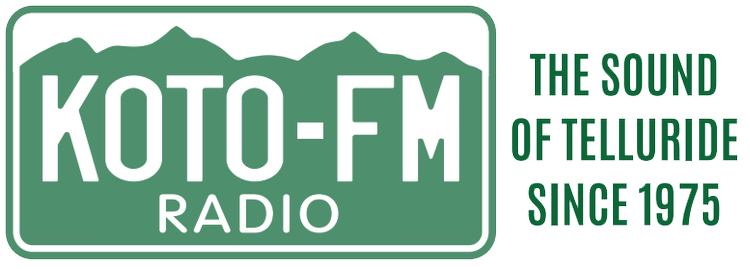By Matt Hoisch
Locals listen to speakers at Juneteenth rally in Elks Park. Picture by Matt Hoisch.
Several cardboard signs cover the stairs at Elks Park—a noticeable display as people trickle in. They feature phrases such as “Black Lives Matter”, “White Silence is Violence”, and “Are you part of the solution or problem.”
About 60 people fill the park on a Friday night for a rally to commemorate Juneteenth. The holiday marks the day the last enslaved people in America found out the Civil War had ended and they were free. It’s the largest local gathering around issues of race, racism, and inequality since earlier this month when about one hundred people marched on Main Street to protest the killing of George Floyd, a black man, while in custody of the Minneapolis Police Department.
At the foot of the stairs, Po Nicodemus is painting another sign. It says “Trans Rights.” They say they hope this month’s earlier protest and this rally are just the start of longer-term discussions and actions.
“If we can’t sustain ourselves for multiple rallies, then the rally at he start of this June in hindsight is tourism. And that makes me feel a bit sick,” they say. “That’s tourist attitude in the opposite direction.”
This is a common point many people at the rally express. Unlike the Main Street march, Friday night’s rally is more focused on speeches and discussions about local-level action and maintaining growing momentum.
Chloie Plumber has grown up in Telluride and Norwood. Speaking to the crowd, she says “growing up in a very white town is never easy.”
“It’s feeling like a token diversity piece in someone else’s coming of age film, rather than the main character in your own,” she says to the crowd. “And dealing with almost constant microaggressions. Being told ‘I don’t like non-white girls, but you’re the exception,’ or even ‘You’ll look like a young Aunt Jemima.’ It’s having people—some peers and some in positions of power compared to me—touching my hair. Constantly asking to touch my hair. If I say ‘No,’ I’m at the risk of seeming like the stereotype of the angry black girl. If I say ‘Yes,’ I feel dehumanized. It’s having friends come up to me saying ‘So-And-So said the N-word and you should yell at them.’ They don’t want to make a big deal about it. But they have no problem having me be the one who always has to say something.”
Signs cover the stairs at Elks Park. Picture by Matt Hoisch.
Several attendees also say in addition to discussions around discrimination against black individuals in Telluride, they hope the town reckons with discrimination against Latinex members of the community.
“I’ve heard from clients ‘I’m a woman of color and I’m pregnant and my white co-worker is allowed to have her cell phone, but I get reprimanded if I have my cell phone.’ That is discrimination,” says Claudia Garcia Curzio, who works for the San Miguel Resource Center. “I think a lot of people in this town think that primarily we have Mexican and Guatemalans that can be replaceable, and that’s discrimination.”
Ross Valdez, Community Outreach Coordinator for Tri County Health Network, echoes Garcia Curzio’s sentiment while speaking to the crowd.
“Thirty percent of this community identifies as Latinex or Hispanic. This is based off of the Telluride School District information. So I want you to ask yourselves,” he says to the crowd, “does 30% of every position of power in our community reflect that? Do we have that diversity that exists at every single level? Absolutely not.”
Dominique Bruneau says she wishes there were more people of color at the rally, but she guesses that “most of them are maybe still working or they are so tired that they have to go home to take care of their kids.”
Still, she says she’s hopeful that if more events this like continue, they’ll become more familiar and more people of color will come.
That sort of eye toward the future is a theme of many of the speakers. They encourage the people sitting across Elks Park to continue to educate themselves and act. They also stress that people shouldn’t see Telluride as an escape or a bubble cut off from the wider world.
To cap off the evening, everyone takes a tea light and gradually passes a flame to people around them until everyone in the park holds a lit candle. Then, several minutes of silence to reflect on what actions everyone will take next.


